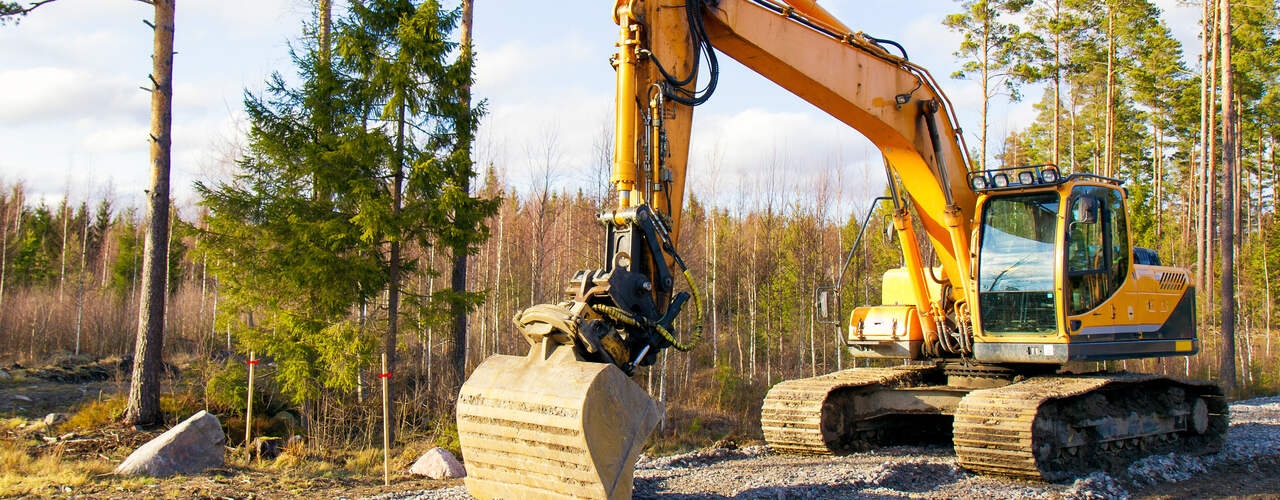Excavators are essential machines across construction sites, designed to handle heavy-duty tasks like digging, grading, and demolishing. But even the toughest pieces of machinery come with their own set of vulnerabilities. Understanding potential issues with excavators can save time, reduce costs, and ensure smoother operations on-site. Below, we explore common things that can go wrong with an excavator, helping you detect and resolve things quickly.
Hydraulic System Failures
Hydraulic systems are critical components of excavators, powering everything from the boom to the bucket. One common problem involves worn hydraulic hoses or damaged cylinders, which can lead to leaks. These leaks are often caused by wear and tear, contamination in the system, or improper handling.
Another frequent issue is pump failure, often triggered by poor maintenance, low oil levels, or using the wrong hydraulic fluid. Ignoring hydraulic system failures affects the machine’s performance and escalates repair expenses rapidly.
Engine Problems
Excavator engines are prone to overheating, particularly when the cooling system isn’t functioning as it should. Blocked radiators, damaged fan belts, or low coolant levels are frequent culprits.
Overheating can damage engine components, often leading to costly repairs. Similarly, fuel system issues like clogged filters or low-quality fuel causes sluggish performance and difficulty starting the engine.
Undercarriage Damage
The undercarriage endures the harshest conditions of all, making it one of the most failure-prone parts of an excavator. Tracks wear down due to constant movement over abrasive surfaces, reducing operational efficiency and increasing the likelihood of breakdowns. Roller and idler malfunctions are also common, and ignoring these issues can lead to misalignment and uneven track wear.
Electrical System Issues
Modern excavators rely heavily on sophisticated electrical systems, and this includes crucial sensors. When these sensors malfunction, they often disrupt operations, ranging from inaccurate readings to complete machine shutdowns. Wiring harness problems can also occur, often due to rodents, wear and tear, or water damage.
Addressing these issues requires a proactive approach. Inspect electrical connections regularly and insulate against water and environmental contamination. Diagnosing problems early will ensure they don’t snowball into larger, costly issues down the line.
The Role of Excavator Attachments
While not directly tied to breakdowns, excavator attachments play a significant role in machine performance. Damaged or poorly maintained attachments puts extra strain on the machine, jeopardizing its reliability. For instance, worn buckets, hammers, or grapples reduce efficiency and overstress the hydraulic system.
What you should know about buying excavator attachments is that quality and compatibility matter. Sub-standard or incompatible parts increase the likelihood of failures across the board. Look for attachments that are durable and specifically designed for your machine model.
Excavators are the backbone of any construction project, and a variety of things can go wrong with them. Regular maintenance, thorough inspections, and proactive repairs are the cornerstones of keeping these machines in peak condition. Pay close attention to hydraulic systems, engines, undercarriages, and electrical components, and remember that high-quality attachments significantly influence overall reliability.





